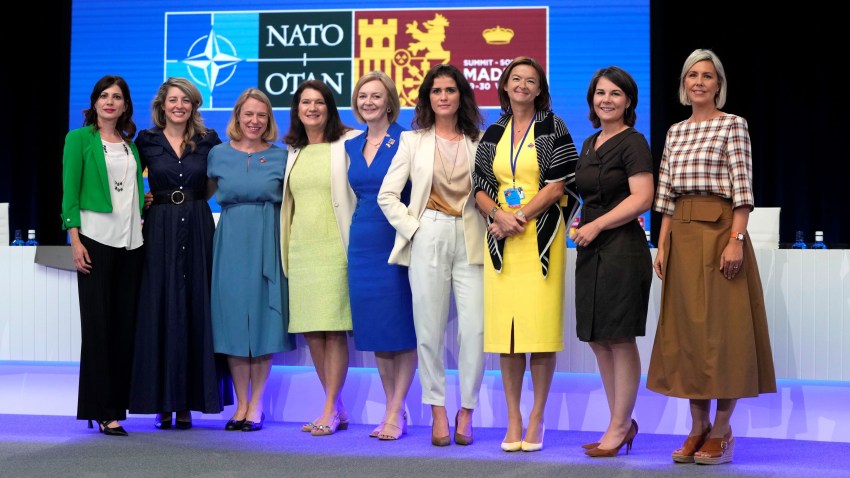Sweden’s September elections ushered in a new government led by the center-right Moderates, which promptly mothballed the country’s “feminist foreign policy” adopted in 2014 by the previous center-left government led by the Swedish Social Democrats. In announcing the policy shift, Sweden’s new foreign minister, Tobias Billstrom, was quick to emphasize that the change did not reflect a retreat away from the government’s commitment to gender equality, but rather a rejection of the term “feminist” as an obfuscating “label.” Ironically, Margot Wallstrom, a former minister for foreign affairs who was one of the pioneers of Sweden’s feminist foreign policy, foresaw just such resistance to the word “feminist” in a 2015 interview, saying, “If the term bothers you, you can call it gender equality.”
The loss of the feminist label is more than a pedantic rhetorical shift, however. The adoption of the word “feminist” reflected Wallstrom’s commitment to making the country “become a little braver in foreign policy.” Thus, the announcement by the new government—and the backlash against feminist policies in Sweden and elsewhere that it portends—is undeniably a setback for feminist priorities in international relations. Nevertheless, everyone interested in promoting gender equality globally should take this unfortunate development as an opportunity to rethink what a feminist foreign policy can and must do.
The History of a Feminist Future
Sweden’s adoption in 2014 of this foreign policy approach, in which “gender equality and women’s rights are integrated in every foreign policy decision and activity,” was related to the rise of the Women, Peace and Security, or WPS, agenda. The WPS agenda was launched in 2000 with the adoption of U.N. Security Council Resolution 1325, which promoted women’s inclusion in matters of peace and security, and represented the culmination of advocacy by grassroots civil society activists aiming to ensure women had a seat at the table for all decisions concerning transitions from war to peace. Since the adoption of Resolution 1325, the security council has adopted nine additional resolutions supporting the WPS agenda’s objectives and implementation, and nearly 104 countries have adopted National Action Plans to further the WPS agenda.

